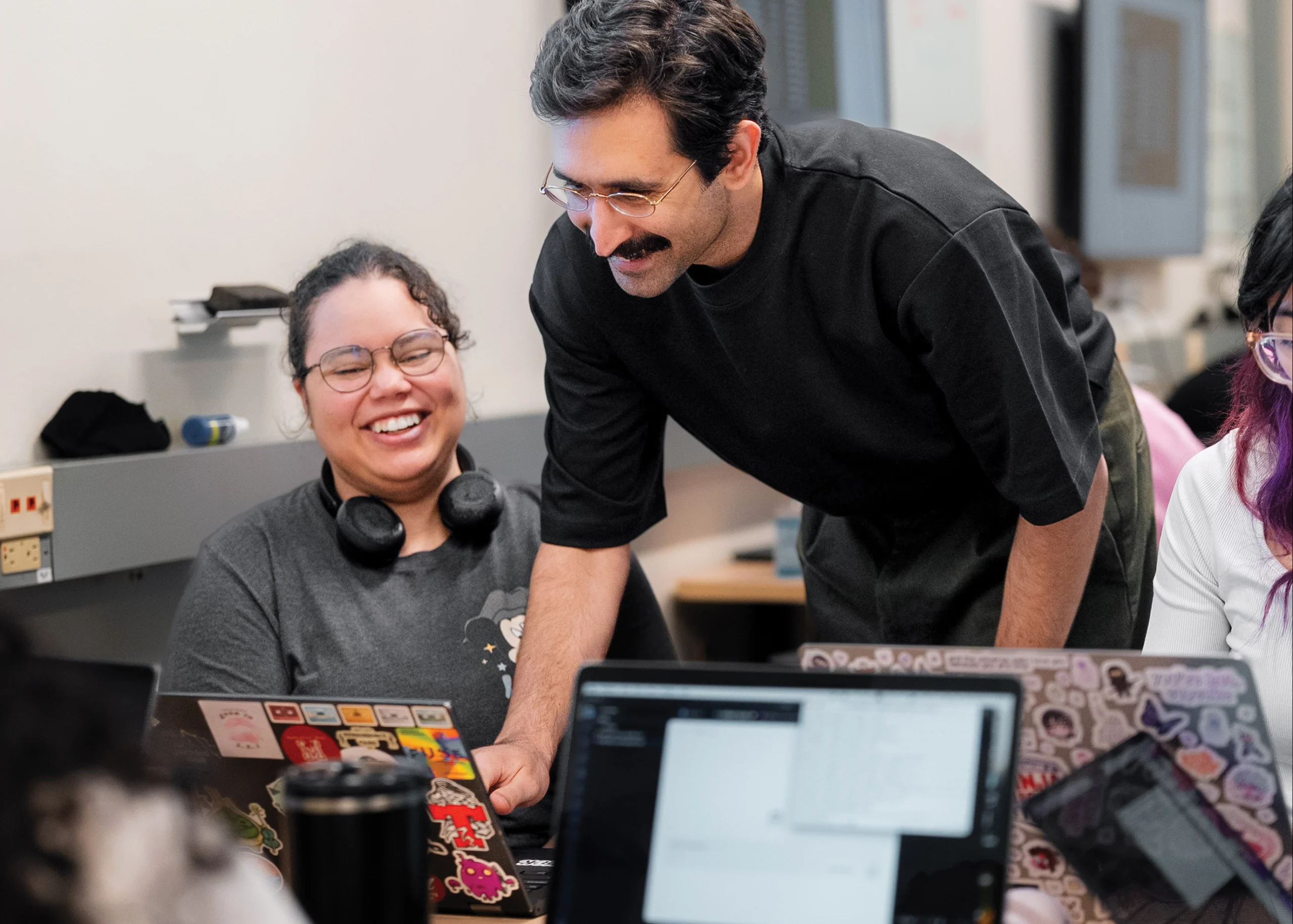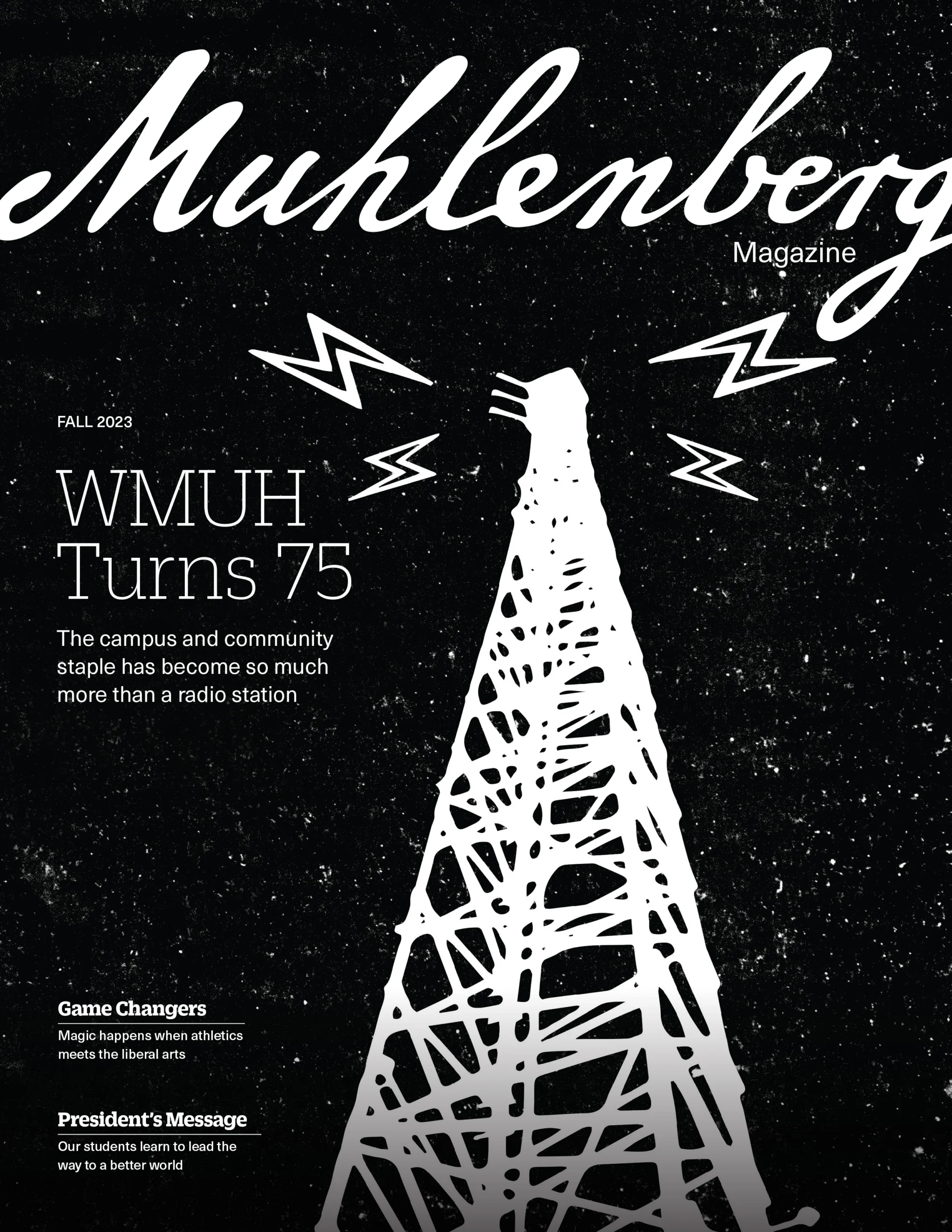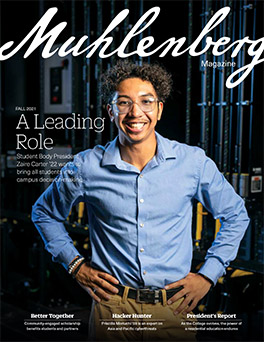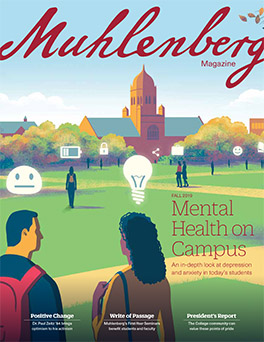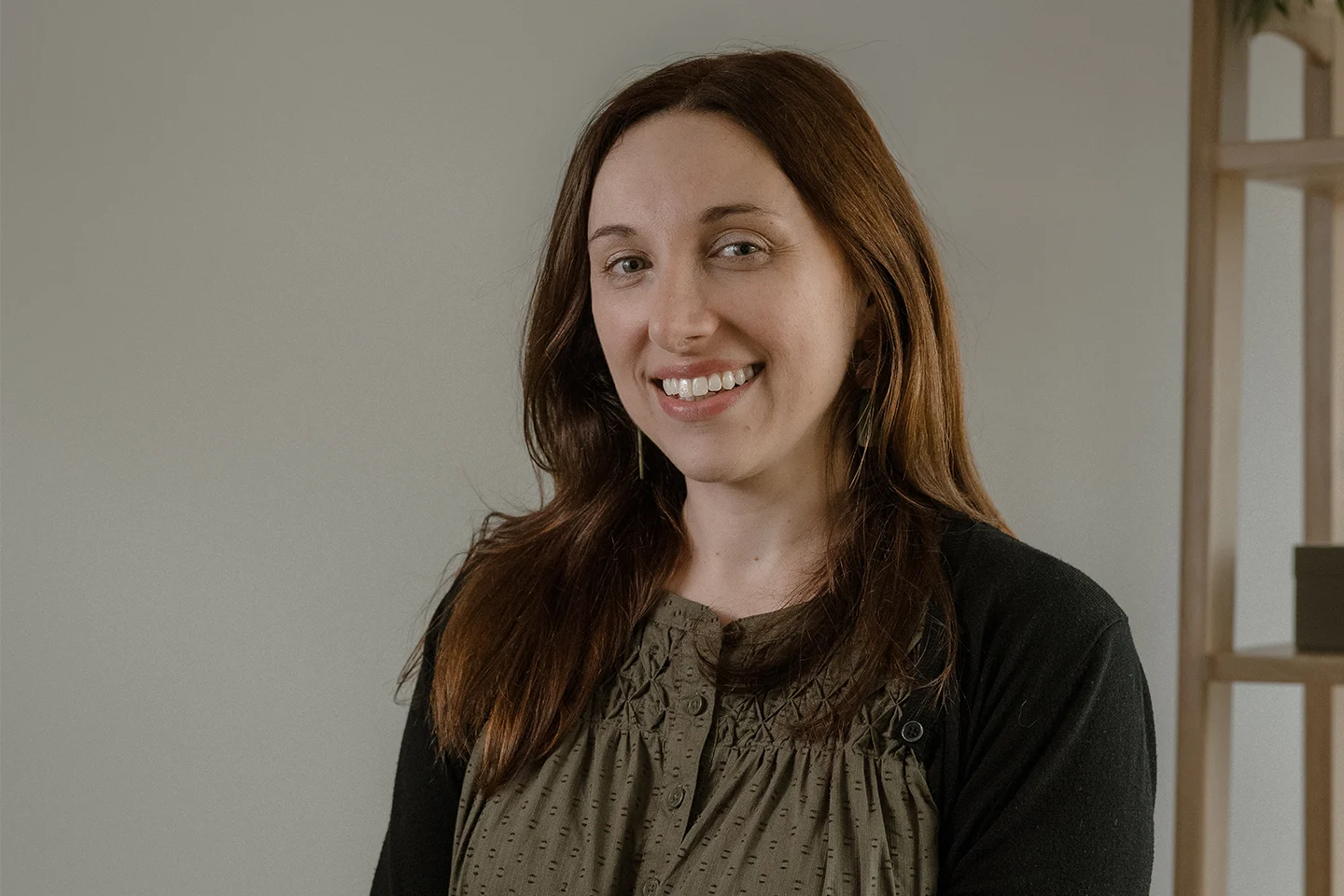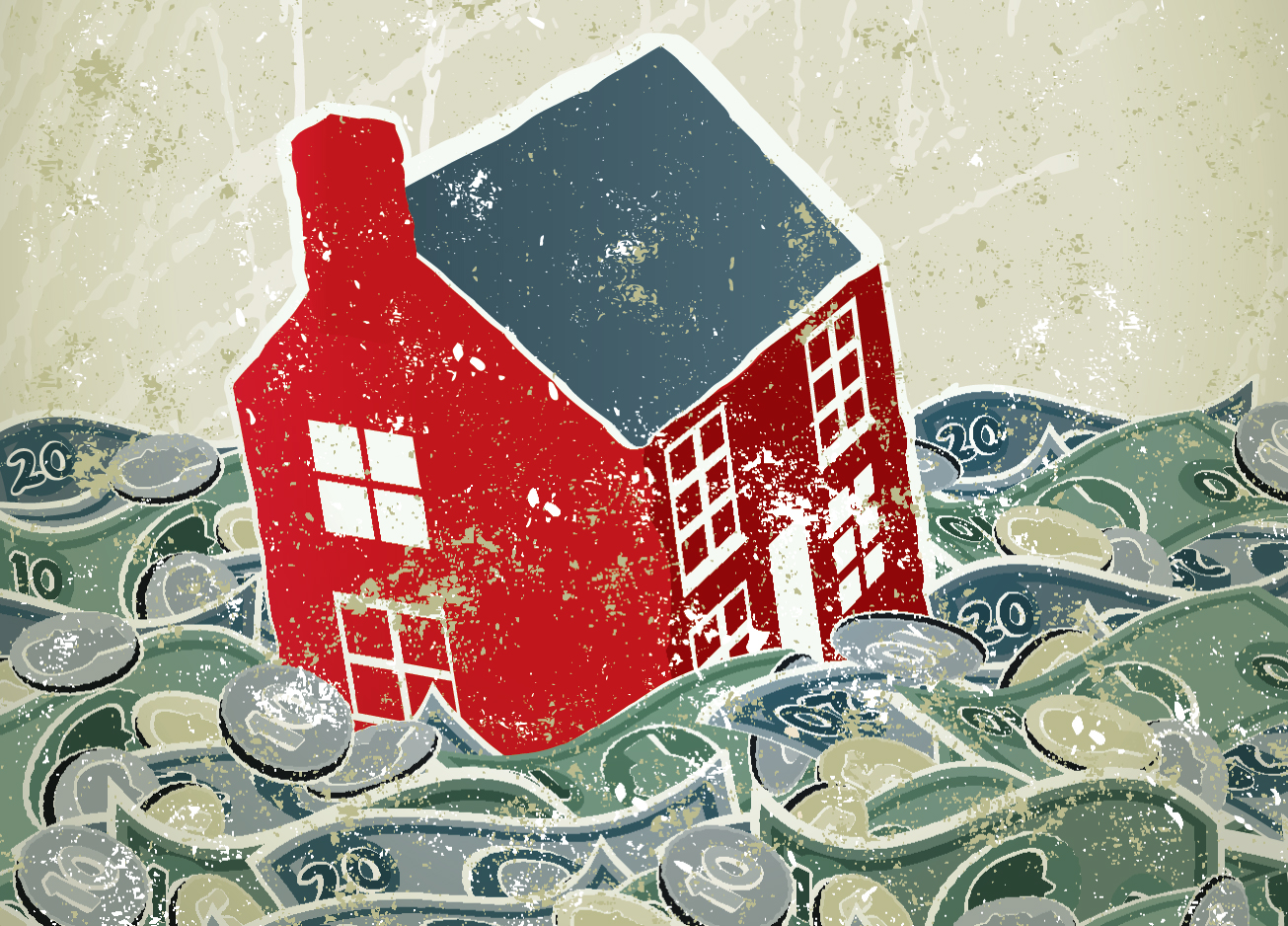
Housing Is Everyone’s Problem
Our affordability crisis has societal impacts that affect even the housing secure. To enact solutions, we need bold and decisive action at every level of government.
It’s hard to buy a house right now. Even with the Federal Reserve Bank reducing interest rates by a half of a percent, an action that affects mortgage rates by lowering the cost of borrowing money, the prices of houses are still far out of reach for too many people.
Despite interest rates tripling over the last five years, home values and prices soared more than 50%. The housing economy is broken — prices should go down when rates go up and vice versa. That deviation from normal economic rules is one aspect of the broad impacts of our enduring housing crisis.
Over the last few decades, we’ve neglected to build new housing. What little we did build has been designed and priced well beyond what most people can afford. At the same time, we have under-invested in the production of accessible rental housing, especially in cities where buying a tidy house on a lot isn’t feasible. The impacts are far more grave and widespread than aspirant buyers not getting their pick of style or neighborhood. Millions of households lack access to housing options they can actually afford. They are diverting money that should go toward other family costs like child and health care, retirement savings and critical investments in their family’s future, like education.
All of this is made worse by climate change, which has brought furious, community-
destroying weather events with greater frequency. Back-to-back Hurricanes Helene and Milton cut dozens of lives short while causing billions in damages to homes and everything else. The destruction caused by these storms might eliminate any housing construction progress fast-growing states like North and South Carolina, Florida and Georgia might have made in the coming years. Additionally, the insurance companies that survive paying out policies are forced to spread rising costs across their entire customer portfolio, putting housing affordability further out of reach for even more people nationwide.
“I challenge all of us to picture how our lives would improve if more of our community members were able to enjoy safe, affordable and decent housing security.”
Our broken housing economy is everyone’s problem — and opportunity — whether you’re experiencing housing challenges or not. Housing stability is a social determinant of health. Too often, people who experience housing insecurity, including but not exclusive to homelessness, endure extreme levels of stress and increased chances of mental illness, poor nutrition, inadequate access to health care, and involvement in the justice system. Their plight negatively affects people with secure housing, too: Beyond the moral burden, we all pay more in taxes and for services today because yesterday we didn’t invest in accessible, affordable and sustainable housing.
If we reimagine housing beyond the economic value to individual owners, we could engineer a production boom that would employ and enrich hundreds of thousands of workers in family-supporting jobs doing everything from designing, building and selling units to financing the mortgages helping to make dreams a reality. The training in critical thinking I acquired at Muhlenberg availed me to a professional trajectory that resulted in a role leading Wisconsin’s affordable housing finance authority. In Wisconsin, we’ve got large employers who realized that a lack of availability was limiting their ability to lure new hires to their communities, so they invested $10 million to develop housing to attract a new workforce. Last year, my agency launched several programs, including $100 million in low-interest loans to building owners creating (or improving) housing on busy commercial corridors in communities across the state.
The solutions are more than financial. We each have a part to play that starts with rejecting the Not In My Back Yard (NIMBY) attitudes based on flawed ideas that your property values decrease if new folks come to your neighborhood. I challenge all of us to picture how our lives would improve if more of our friends, colleagues and community members were able to enjoy safe, affordable and decent housing security. When we all do better, we all do better.
With Election Day upcoming on November 5, we have an opportunity to put this maxim into action. If we want to guarantee access to housing for residents throughout the U.S. (and we should), we need bold and decisive action at every level of government, but especially at a federal level. Now’s the time to review where the candidates on your ballot stand on this issue — are they talking about it? What are they saying? Do they have a plan? Look for candidates who have a productive point of view on housing and plans to change the trajectory in a meaningful way. Also consider the opportunities presented in local or state-level referendums and amendments that make it easier to build housing that regular people can afford. Everything connects to housing, and it deserves your attention when you cast your ballot.
Elmer Moore Jr. ’99 is CEO and executive director of the Wisconsin Housing and Economic Development Authority.


